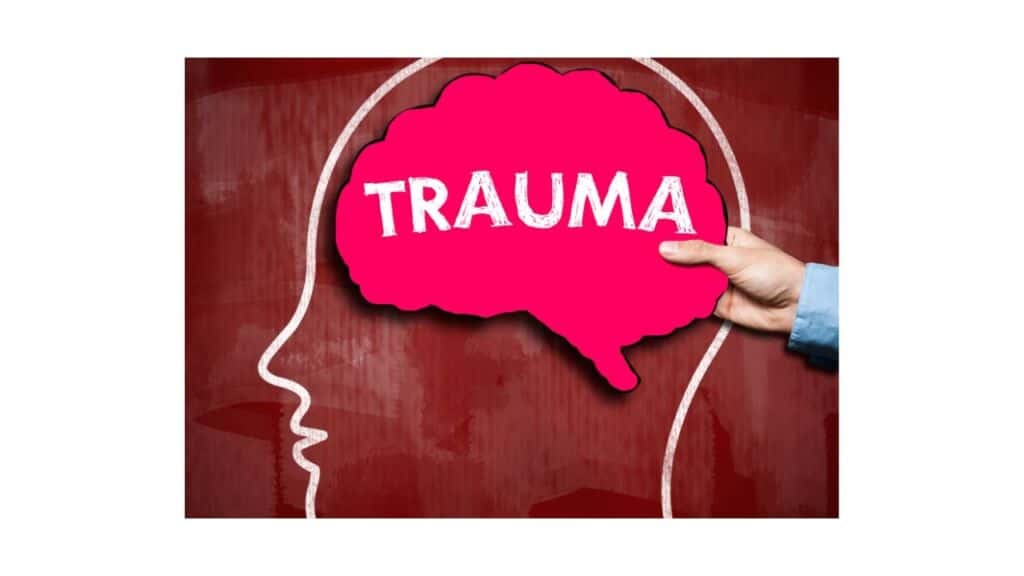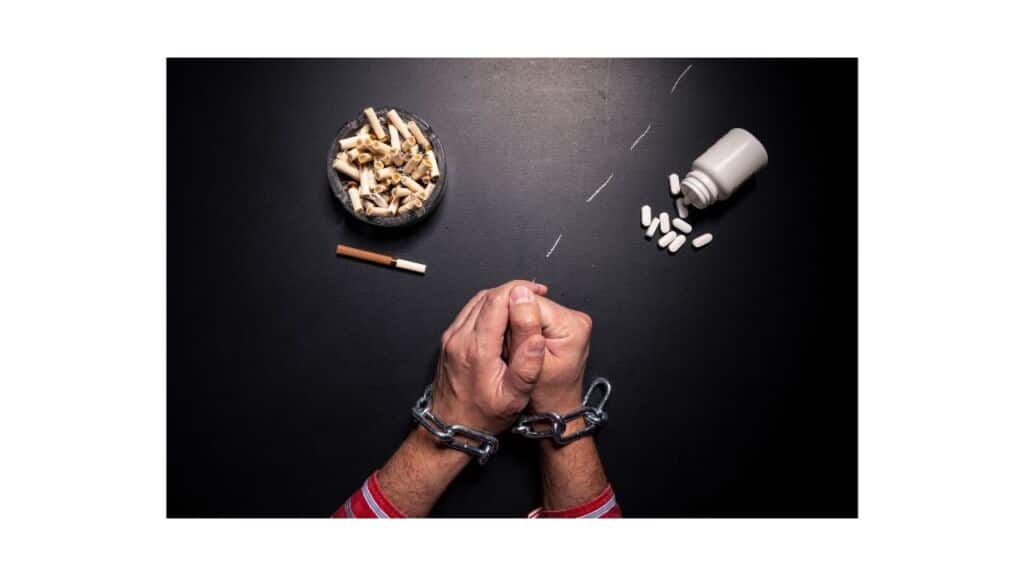Statistics reveal that nearly one in every four children and young adults has experienced a traumatic event of some kind in the US. Not only that, nearly 13% of 17-year-olds have developed PTSD due to events in their lives once. (1) And then we have noticed a significant increase in people with addiction and substance abuse problems in the past few years. Is there a connection? Definitely!
A traumatic event, irrespective of its nature, leaves a scar. It has the power to shape you and influence your mind, even if you don’t realize it. The trauma could have happened when you were a child, or it could be something you faced as an adult. But the residual impact on you can be one of the most significant reasons for your struggle with addiction.
Understanding Trauma And Its Signs: What You Should Know
Trauma is typically defined as any experience that affects you negatively. It could also be a series of events that leave lasting effects on not only your physical but also your mental and emotional well-being. (2) Trauma can put a great deal of stress on your mind and body, and this stress subsequently leads to the release of hormones like adrenaline and cortisol.

And these hormones are typically responsible for your body’s fight and flight response. When the concentration of these hormones increases in your body, they become toxic. They prevent your body from recognizing the difference between the actual traumatic event and the memories of it. So a lot of people who experience trauma end up being stuck in the loop. Their brain is unable to get past that moment or process the events. Ultimately, it results in post-traumatic stress disorder. (3)
Dealing with these overwhelming emotions all the time is not easy, which is why people turn to substance abuse, as drugs and alcohol help them mask their feelings. It numbs them, providing them the escape they need instead of facing their conflicting emotions. (4)
Note that the trauma can be anything from a physical assault to a sexual one. Rape, domestic violence, parental neglect, and emotional abuse are all forms of trauma, and so are bullying and harassment. Accidents, terminal illnesses, and even natural disasters can be traumatic. Remember, everyone has his own baggage and ways of coping with the crisis.
The Close Link Of Trauma And Addiction: The Story Unraveled
The human brain is incredible but also vulnerable. It has the ability to achieve great things, but it can also be triggered by something seemingly menial. Your brain responds and adapts to everything that you experience, and the effects are seen in every aspect of your life. This is why you are able to learn new skills and make new memories.
Your brain’s neurons evolve, grow, and even break to accommodate the changes in your life. And this is also why your traumatic experiences can take over the other aspects of your life. Because the events force your mind to change. It shapes your behavior and reactions, which brings us to the link between addiction and trauma. (5)



For instance, child abuse and substance abuse are closely related. Childhood trauma like parental neglect or maltreatment can cause abnormalities in the brain structure which in turn can lead to problems with cognition ad behavior. The trauma can even impede normal brain development! As these children grow up, their scars prevent them from having a normal life, and they turn to self-medication to find relief, which eventually transforms into drug use.
One of the most common reasons for people using drugs is the immediate psychological effects they provide. Drugs like marijuana and alcohol can help people change the way they feel. These drugs provide pleasure and reduce dysphoria, which helps them forget about their trauma.
People with stress due to traumatic events find an escape from anxiety with drugs. Cannabis, opioids, and even alcohol intoxicate and calms them. It slows their central nervous system, helping them enter a state of trance. Hence, they forget about practically everything else, which is exactly what they want to do so they don’t have to face the horrors of the past.
People with a history of trauma tend to be more vulnerable to addiction. Because they use drugs and alcohol to regulate their moods. They try to prevent their thoughts from disrupting their peace and suppress stress and anxiety with the help of drugs. Substance abuse puts them in a state of numbness, which enables them to perpetuate the issue at hand.
How Are Addiction And PTSD Related?



It’s surprising how so many people have both PTSD and addiction problems. Indeed, nearly 35 to 75% of veterans are known to indulge in alcohol and drug abuse to cope with their military experience. (6) It’s common for people with PTSD to turn to drugs to handle their stress or trigger. They use drugs to seek relief from depression and insomnia.
Drugs and alcohol help them keep their agitation under control and also make it easier to engage socially, which is something they struggle with due to their trauma.
A lot of people with PTSD also believe that they are curing themselves when they take drugs or alcohol. This hardly happens, and eventually, their body develops tolerance to these drugs resulting in addiction. This kick starts a vicious cycle that they are unable to get out of.
The Available Treatment Options For Addiction Caused By Trauma



Addiction due to trauma needs a comprehensive treatment program that can last for even more than 90 days. The body has to be weaned off the substance, which can typically happen only in a medically supervised environment. The patient then needs to be counseled by a team of experts and entered into a behavioral rehabilitation program.
It is indeed possible to move past your trauma, but this requires trust and collaboration. You need coping mechanisms that will make you strong. Remember, the trauma does not have to define your future. It’s in your power to change things with a little help from professionals.
There are many rehabilitation centers that can help you overcome your past and make your future more prosperous. Overcoming addiction comprises a comprehensive approach beyond which a normal life is waiting for you. And if you need any help in this, Akasha Recovery center in Encinitas, CA, is always available.


